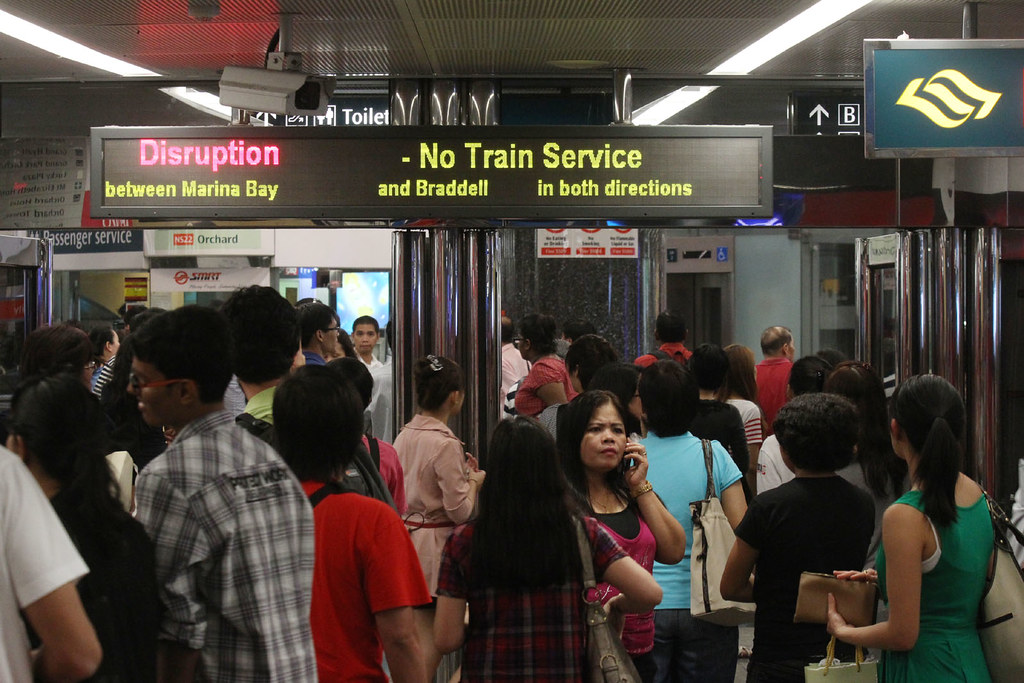Fares that go up when oil prices come down. Higher and higher COEs, recurring train service disruptions, bus delays and hard-to-get taxis, proliferation of ERP gantries, transport fare hikes, traffic jams and over-packed trains and buses. These issues continue to surface at the elections and the voices are getting louder each time. Let's take a look at fare hikes.
Fare hikes for buses and trains are subject to approval by the Public Transport Council ("PTC") which has a review mechanism that recently won an international award at the 61st UITP World Congrezz & Exhibition in Milan for providing a fair and transparent fare formula to cap the quantum of fare adjustment. This mechanism is meant to ensure that commercial operators cannot simply pass on their costs increases to commuters. Whilst this ought to provide some assurance that every fare hike approved by the PTC was carefully reviewed before being approved, it does little to calm negative public sentiments. And the problem seems to be a matter of faith.
There are
many who do not see the PTC as an impartial body because its council members
are appointed by the government and the government is seen as the ultimate
owner of the bus and train operators which are earning huge profits each year.
This belief was reinforced recently when a fare hike was approved on the
basis or rising operating costs in the midst of falling oil prices and the CEO
of SMRT appointed by the government in 2012 was paid millions in his
remuneration package despite continuing disruptions in train services.
How can we
restore the public's faith in the PTC? Perhaps, members of the PTC could be
appointed by an independent commission and members of the PTC should include substantial
representation from VWOs and commuters. At the same time, any application for
fare hikes should not be allowed if the non-technical costs exceed a certain
percentage of the total operating costs incurred in the provision of transport
services. This idea is somewhat akin to the concept behind the existing 30/70
efficiency ratio in fund raising by charities and institutions of public
character in order to qualify for tax exemption on their funds raised.
Efforts
directed at maintaining the public's faith in a fair and equitable system for
allowing and determining price hikes are necessary. Afterall, there is a strong
social element in the provision of public transport services unlike other
businesses. The paramount interest of the public transport operators must not
be to maximise profits but to provide public transportation at what the public
accepts as reasonable and affordable.











